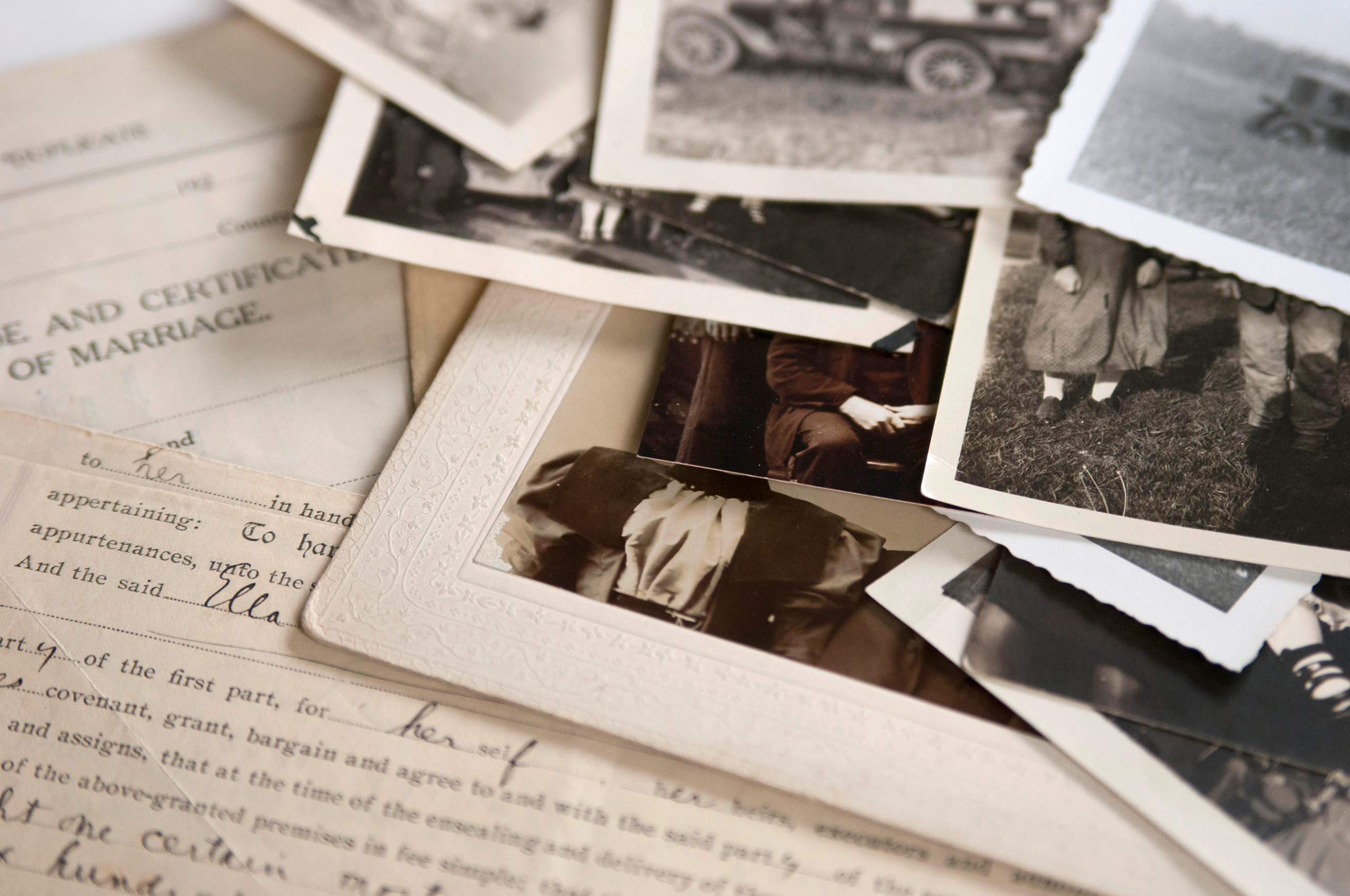Research in the Department of Archaeology and History

The Department of Archaeology and History brings together leading experts whose research into the past is nationally and internationally recognised.
Our researchers are the recipients of prizes and grants, the authors of discipline-changing reports, articles and books, and are regularly called on as expert commentators by the media.
We recognise our responsibility to lead the way in the ethical study of the past, engage with stakeholders and share our research findings with the communities we serve. We partner closely with industry, local government, other universities and the heritage sector.
Research areas
Our researchers are building knowledge about our world, and its many pasts, so that we can create a better future.
Our research is grouped into five key areas:
Our researchers believe that we must learn about the past to understand the present and make things better for the future. Our experts investigate how social inequality has been driven historically by economic disadvantage, ethnicity and gender. We explore research questions about representation, social cohesion, wellbeing, modernity, mobility and whiteness.
Current projects explore the development of human rights (through transnational organisations such as the United Nations); Indigenous land and treaty rights; labour histories in Australia, Britain and the United States; sexuality, religion and transgender histories; and the little-acknowledged roles of women in Australian history.
Our researchers are building knowledge about our origins as a species. In the field and in the laboratory, they seek to understand the processes by which we became human, and how our ancestors spread across the globe.
With a particular focus on geochronology and the archaeological record, they ask how the deep past might inform us about our complex relationship to the planet, and explore the evolutionary biology, behaviour, and culture of both our extinct and extant ancestors.
Our researchers specialise in the story of long-term human interaction with the environment.
Our archaeologists examine the human modification (both intentional and incidental) of past landscapes and environments, investigating resource management strategies and adaptations, as well as the long-term impacts of and responses to climate and environmental change.
Our historians explore social and environmental justice, arguing that environmental management practices in both the past and present can be political. They also explore key questions about environmental history and the climate crisis.
Our researchers explore Australia’s past across thousands of years.
Our historians are re-imagining Australian history to include stories of people who have previously had no voice. They hold expertise in the history of colonialism, labour, gender, intimacy, and racial discourse and representation.
Our archaeologists use interdisciplinary approaches spanning archaeological excavation, experimental archaeology, analysis of lithic and organic technologies, site formation processes and rock art research. They emphasise collaborative research practices which place ethics and Indigenous community priorities at the forefront, and work with environmental scientists, ecologists, visual artists, heritage professionals, historians, Aboriginal Studies scholars and Traditional Owners.
Our experts lead active archaeological field research programs in countries across South Asia and South Africa. Our research provides new understandings of our evolutionary beginnings and a long-term perspective on the human experience.
We also have a growing strength in Asian history including the environment, culture and climate of Tibet, the Himalaya and Asia.
Graduate research
The Department of Archaeology and History offers specialised research training – engaging with ideas that sit at the heart of what it means to be human beings who live and have lived in complex societies.
We offer research Masters and PhD opportunities, where candidates conduct impactful projects under the direction of experts in their field.
Our graduates leave university with robust, wide-ranging and flexible training in writing, research, scientific skills and critical thinking. We challenge students to study difficult kinds of texts, to synthesise diverse sources of information, and to assess different interpretations. They present their conclusions in a variety of formats and to a range of audiences.
We equip our students with a broad set of transferable skills, cultural competency and digital literacy. They learn to conduct complex data searches, receive training in field methods, oral history and material analysis, and work across digital environments.
Our students are job-ready for careers in the heritage and museum sector, tertiary and secondary education, business, government, administration, as archaeological consultants, specialist experts and field technicians.
Find out more about graduate research opportunities at La Trobe, or contact the Department’s Director of Graduate Research, Professor Timothy Minchin.
Research centre
Our staff make key contributions to the Centre for the Study of the Inland.
The Centre for the Study of the Inland is an interdisciplinary research centre with particular strengths in archaeology, history and social sciences. It specialises in place-based research with rural and regional communities, focusing on social transformations, environmental change and equitable resource sharing.
